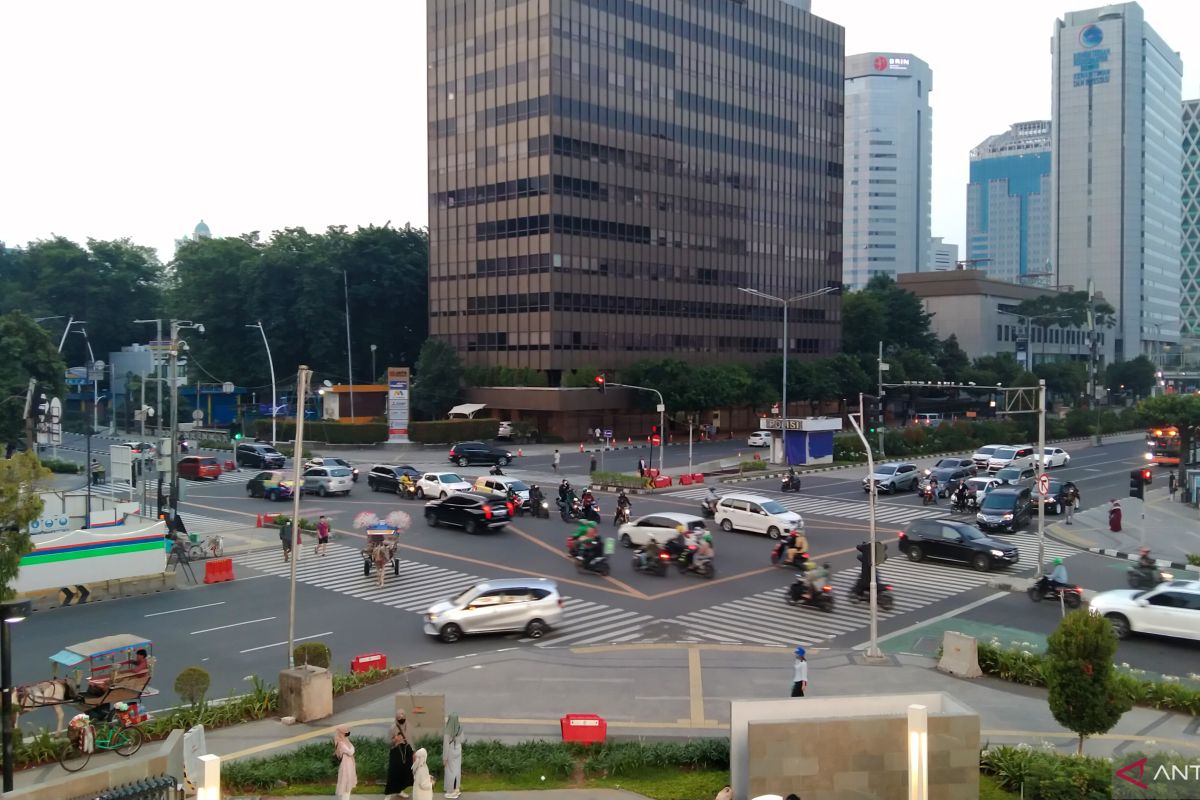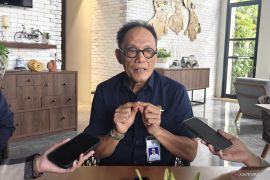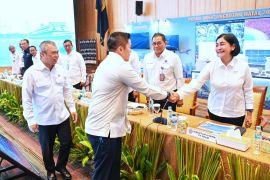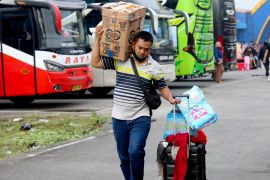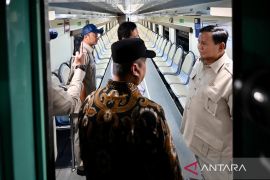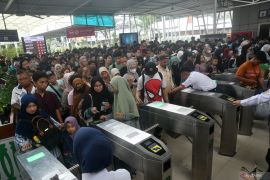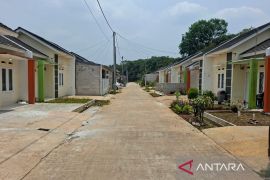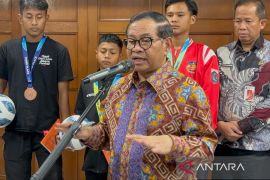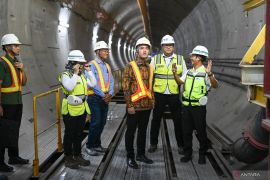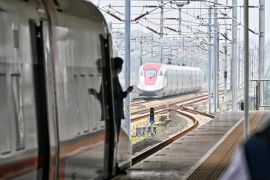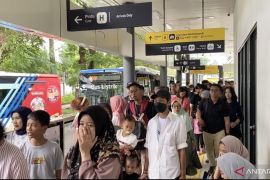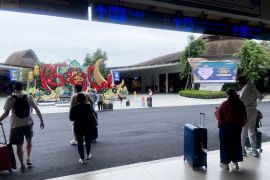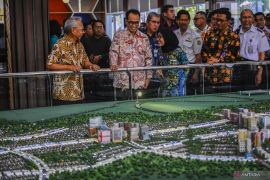"We have already identified the public transportation service network, whether it is non-BRT (Bus Rapid Transit) and micro trans by modifying the route," head of the office, Syafrin Liputo, informed here on Monday.
According to Liputo, there are nine new routes for the non-BRT or TransJakarta service, without stops, and micro trans.
Around 95 percent of Jakartans can access public transportation within a radius of 500 meters, he informed.
Currently, the micro-trans service is operating on 69 routes with a 1,724-strong fleet and serving a total of 234 thousand passengers per day.
Meanwhile, TransJakarta, both BRT and non-BRT, is operating on 179 routes with 1,869 units and serving 1 million passengers.
Moreover, the length of the pedestrian route to support walking access to public transportation services has reached 337 kilometers, with a 103-km-long bicycle path.
Related news: MRT Jakarta, private sector cooperate on integrating transportation
The MRT (Mass Rapid Transit) route extends 16 km, with the number of passengers reaching 123 thousand per day on average, while the LRT (Light Rail Transit) is serving 4,462 people per day.
In addition to bolstering public transportation, the office is also controlling car and motorcycle utilization, such as through the odd-even regulation and parking management.
Moreover, measures such as implementing transit-based areas, low emission areas, and motor vehicle traffic control, including those that utilize the electronic money handling scheme, are currently being discussed.
In material shared with the Regional Regulation Formation Agency, Liputo informed that motorcycles and private cars contribute 44.5 percent and 14.2 percent, respectively, to air pollution from transportation in Jakarta.
This figure is based on the Leaded Gasoline Abolition Committee's data in 2019.
Motorcycles have become the largest contributors of carbon monoxide and hydrocarbons, which cause health issues such as cancer and acute respiratory problems.
According to Greenpeace data, early deaths due to dangerous pollutant PM 2.5 in Jakarta, Bogor, Depok, Tangerang, and Bekasi (Greater Jakarta) reached 13 thousand per year in 2020, he highlighted.
Related news: Jokowi wants feasibility study for MRT East-West Line to be expedited
Related news: President Jokowi launches TBM operation for MRT Jakarta's Phase 2A
Translator: Dewa Ketut S W, Fadhli Ruhman
Editor: Suharto
Copyright © ANTARA 2022
